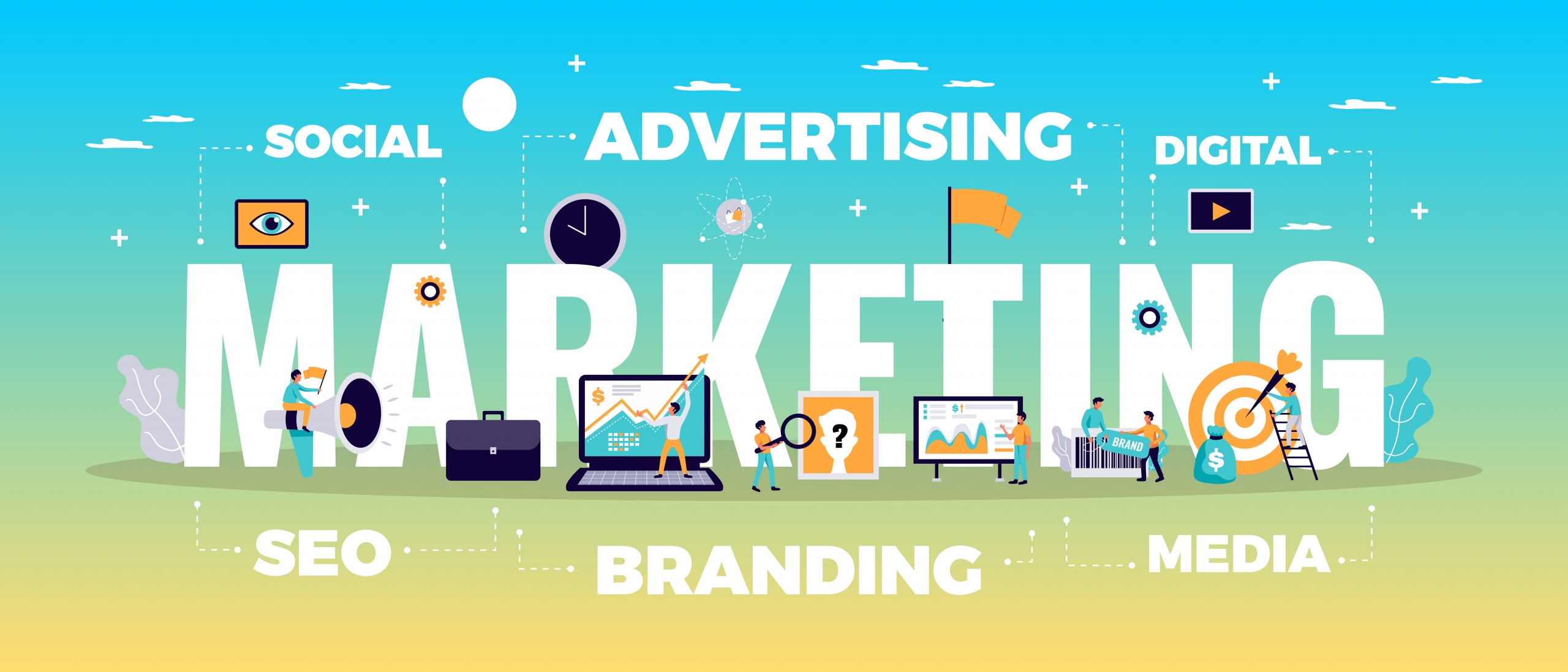Introduction:
In recent years, the world of marketing has undergone a revolutionary transformation with the advent of digital technologies. Companies are increasingly investing in digital marketing campaigns to reach their target audience effectively. This article aims to explore the significance of digital marketing campaigns from a scientific standpoint and how they have revolutionized the traditional marketing landscape.
- The Science behind Digital Marketing Campaigns:
Digital marketing campaigns rely on data-driven strategies, making it a fascinating field of study for scientists. Leveraging big data, artificial intelligence (AI), and machine learning, digital marketing campaigns possess the potential to understand consumer behavior patterns, optimize advertisements, and ultimately drive conversions.
- Utilizing Data Analytics:
Data analytics plays a pivotal role in understanding customer behavior
digits marketer and preferences, helping companies tailor their marketing messages effectively. By analyzing user demographics, purchase history, and website interactions, marketers can precisely target their audience, ensuring higher engagement rates and increased conversion ratios.
- Artificial Intelligence in Digital Marketing:
Artificial intelligence is revolutionizing digital marketing campaigns by offering powerful solutions for businesses. AI-powered chatbots provide personalized customer interactions, delivering an enhanced user experience. Moreover, AI algorithms can predict customer preferences,
recommend products, and analyze sentiments, allowing marketers to optimize campaigns for improved customer engagement and higher sales.

- Social Media Marketing:
Social media platforms play an indispensable role in digital marketing campaigns. The ability to reach a vast audience in real-time, engage in two-way communication, and gather feedback has transformed the marketing landscape. With data-driven analytics, marketers can precisely target their audience, ensuring maximum reach and generating meaningful interactions.

- Search Engine Optimization (SEO):
Digital marketing campaigns heavily rely on search engine optimization strategies to increase visibility and drive organic traffic to websites. Applying scientific methodologies to SEO techniques allows marketers to understand search engine algorithms and leverage them to improve website rankings, leading to a higher click-through rate and increased conversions.

- Influencer Marketing:
Engaging social media influencers is an effective strategy in digital marketing campaigns. Influencer marketing leverages individuals with a substantial online following to promote products or services. By analyzing the influencers' reach, engagement rates, and audience demographics, marketers can make data-driven decisions to select the most suitable influencers, maximizing the campaign's impact.
- Personalized Email Marketing:
Email marketing has been a cornerstone of digital marketing campaigns for decades. Employing scientific approaches to email marketing involves data analytics to segment the audience and create highly personalized content. By understanding consumer preferences and sending targeted emails, businesses can achieve higher open and click-through rates, ultimately leading to increased conversions.
Conclusion:
The scientific perspective of digital marketing campaigns reveals their transformative impact in the business world. Leveraging data analytics, AI, and digital tools, marketers can gain valuable insights into consumer behavior, optimize campaigns, and drive conversions. As technology continues to evolve, digital marketing campaigns will remain at the forefront of adapting and embracing new scientific methodologies to engage customers effectively. Embracing the power of scientific advancements in digital marketing is key to staying competitive in today's ever-changing landscape.





